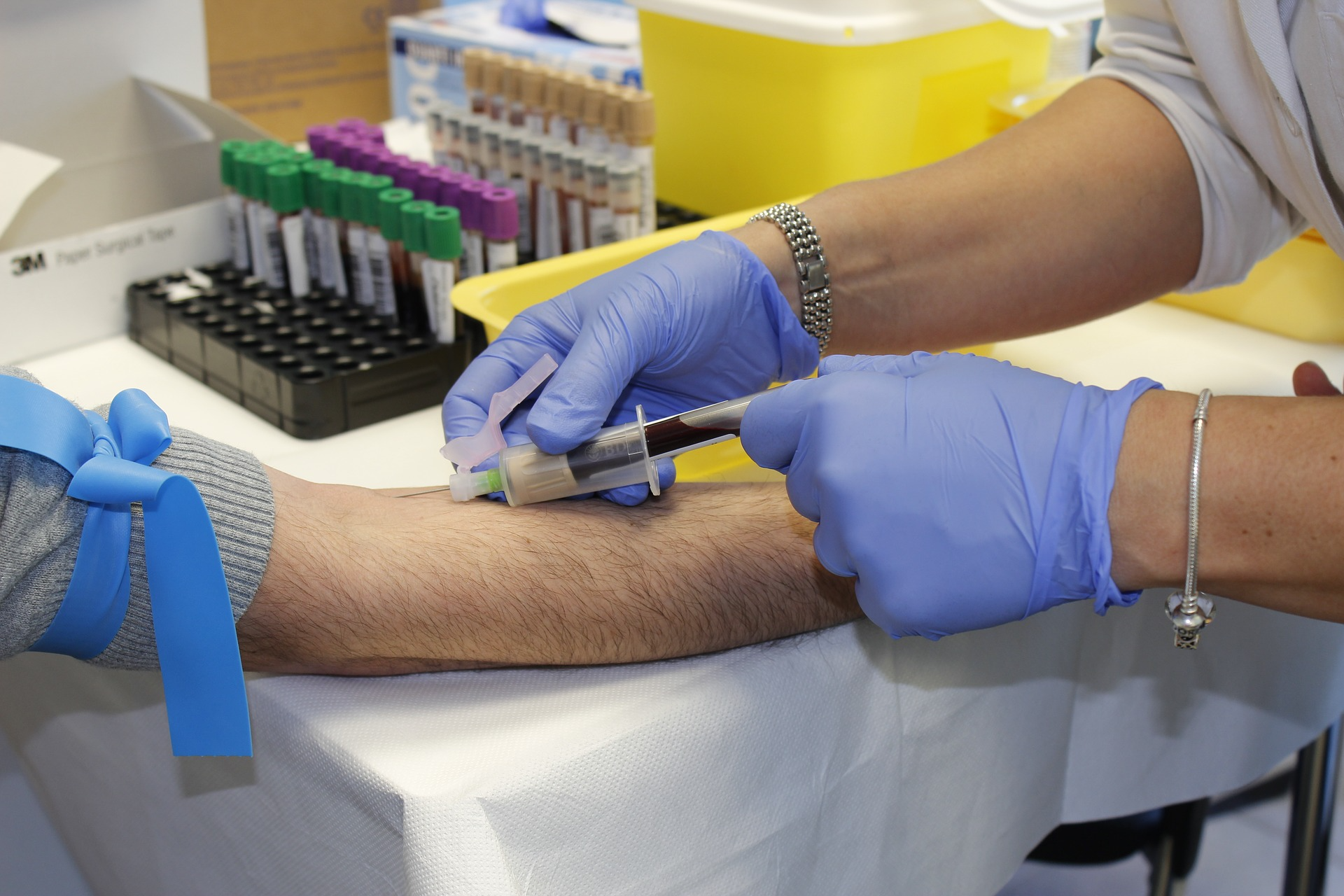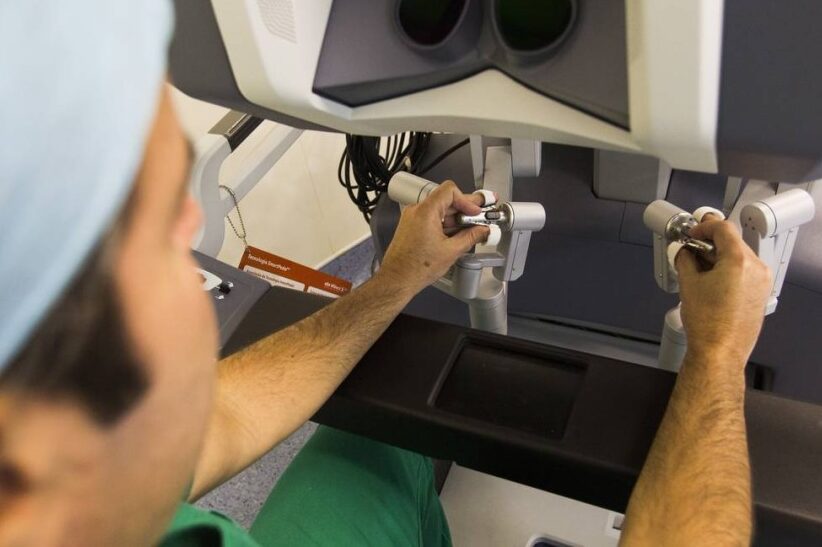Blacks with Prostate Cancer Less Likely to Get Ideal Treatment
Black men with riskier prostate cancers may be less likely than their white counterparts to get aggressive treatment that can give them the best survival odds, a recent U.S. study…
U.S. Guidelines Relax Opposition to Prostate Cancer Screening
An influential physician task force backed by the U.S. government is softening its opposition to routine prostate cancer screening. In proposed guidelines released today, the U.S. Preventive Services Task Force…
“Prostate Surgeries to Be Done with Only One Hole”, Says Expert
Harvard doctor talks about how urological cancers can be treated with the use of robots Researcher at Harvard University's Dana-Farber Cancer Institute, the Vietnamese doctor Quoc-Dien Trinh was in Brazil…
Is da Vinci Robotic Surgery a Revolution or a Rip-off?
Even before laparoscopic surgery took off around 1990, several companies, backed by U.S. defense grants, were at work on robotic surgical systems. Laparoscopic surgery has proven to be a significant…
Study: Racially Biased Oncologists Spend Less Time with Black Cancer Patients
Many studies have shown the negative effect health providers’ underlying prejudices can have on the doctor-patient relationship and the decisions patients make about their care. And according to a new…
Older Doctors May Do More Prostate Cancer Tests on Old Men
Despite U.S. guidelines recommending against prostate cancer screening in elderly men, many specialists and older physicians still do these tests, a recent study suggests. In 2008, the U.S. Preventive Services…
Better Results Offset Costs of Prostate Surgery at Specialty Centers
Men who get prostate cancer surgery at hospitals that do a lot of these procedures may have better results, and those better outcomes might help offset the added cost of…
Study Warns of Alzheimer’s Risk in Some Prostate-Cancer Drugs
Men taking testosterone-blocking drugs have nearly twice the risk of developing disease as those using other treatments. Men taking testosterone-blocking drugs to treat prostate cancer have nearly twice the risk…







